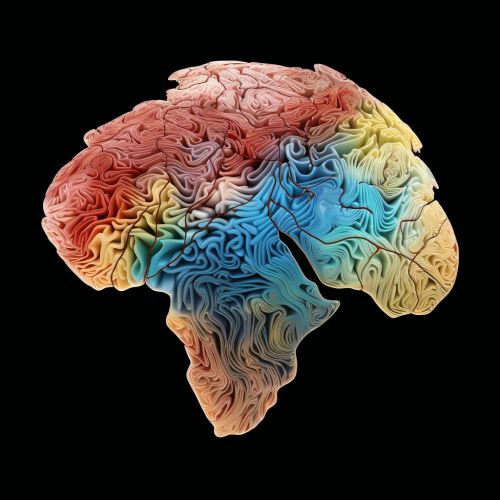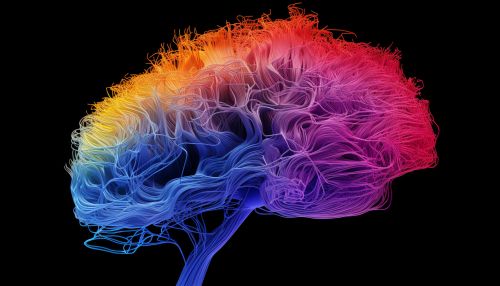The Science of Human Cognitive Styles in Cognitive Complexity
Introduction
Human cognitive styles refer to the preferred way an individual processes information. This is not to be confused with intelligence, which is an individual's ability to process information. Cognitive styles are influenced by personality and experiences, and they can greatly affect how we learn, solve problems, and make decisions.


Cognitive Complexity
Cognitive complexity is a psychological characteristic or psychological variable that indicates how complex or simple is the frame and perceptual skill of a person. A person who is high in cognitive complexity tends to perceive nuances and subtle differences which a person low in cognitive complexity may overlook. Cognitive complexity is different from cognitive ability, which refers to the mental processes that allow us to carry out any task.
Cognitive Styles and Cognitive Complexity
Cognitive styles and cognitive complexity are closely related. Cognitive styles can influence the level of cognitive complexity a person can handle. For example, a person with a reflective cognitive style may be able to handle more cognitive complexity than a person with an impulsive cognitive style.


Types of Cognitive Styles
There are several types of cognitive styles. Some of the most common include:
Field Dependence-Independence
Field dependence-independence is a cognitive style that describes the extent to which an individual's perception of an object is influenced by the surrounding visual field. Field-dependent individuals have a tendency to view the field as a whole, whereas field-independent individuals are more likely to separate the object from the field.
Holistic-Analytic
The holistic-analytic cognitive style refers to how an individual processes information. Holistic thinkers tend to view situations as a whole, while analytic thinkers break down situations into smaller parts.
Reflective-Impulsive
The reflective-impulsive cognitive style refers to the speed at which an individual makes decisions. Reflective individuals tend to take their time and consider all options, while impulsive individuals make quick decisions.


Measuring Cognitive Complexity
Cognitive complexity can be measured using various methods. Some of the most common methods include:
Role Category Questionnaire (RCQ)
The Role Category Questionnaire (RCQ) is a common method for measuring cognitive complexity. The RCQ asks individuals to describe several people they know in their own words. The descriptions are then analyzed for complexity based on the number of separate constructs used.
Cognitive Complexity Scale (CCS)
The Cognitive Complexity Scale (CCS) is another method for measuring cognitive complexity. The CCS measures cognitive complexity based on an individual's ability to differentiate and integrate information.
Impact of Cognitive Styles and Complexity on Learning and Decision Making
Cognitive styles and complexity can greatly impact how an individual learns and makes decisions. For example, individuals with a high level of cognitive complexity may be better at problem solving and decision making because they can consider multiple perspectives and possibilities. On the other hand, individuals with a low level of cognitive complexity may struggle with complex tasks because they have difficulty considering multiple perspectives.


Conclusion
Understanding cognitive styles and cognitive complexity can provide valuable insights into how individuals process information, learn, and make decisions. This understanding can be used to develop more effective teaching strategies, improve decision-making processes, and enhance our understanding of human behavior.
